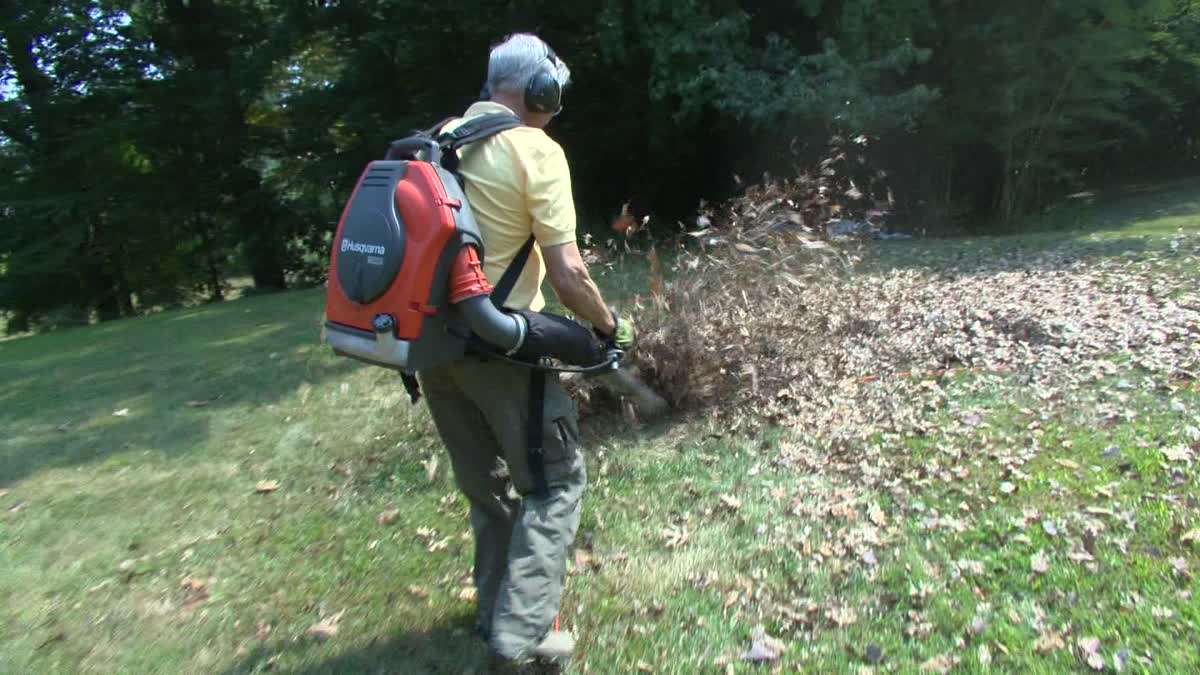Ten of the state's 11 healthcare regions have seen a drop in positivity rates, except in Chicago where several metrics are on the rise, according to the latest data.
According to the Illinois Department of Public Health, both positivity rates and hospitalizations have begun to steadily decline across the state.
Region 11, however, was the only healthcare region to see an increase in positivity rates Dec. 10, rising to 12.5%. Though the region was seeing a steady decrease of hospitalizations over nine days, Chicago increased by two people Sunday.
Chicago's positivity rate had been slowly increasing until Dec. 7 when the region saw a steady decline, along with most of the state. From Dec. 9 to Dec. 10, the region's positivity rate rose 0.2%
Both ICU bed (19.4%) and hospital bed (18.4%) availability have remained largely consistent in recent days, according to IDPH data. ICU bed availability dropped slightly in 24 hours, while hospital bed availability rose by 0.3%.
Availability for both ICU and hospital beds remain slightly below the 20% threshold set by the state, according to IDPH data.
With Illinois anticipating the state's first doses of the coronavirus this week, Chicago's mayor and top health official outlined the city's plan, detailing the loose order in which residents will be vaccinated.
Local
First in line will be "healthcare workers who treat COVID patients or conduct procedures that put them at high risk for COVID-19 spread" at all 34 hospitals in Chicago, according to Mayor Lori Lightfoot and Chicago Department of Public Health Commissioner Dr. Allison Arwady.
Those initial doses could be allocated beginning as early as next week, officials said, pending approval from federal regulators slated to be considered in the coming weeks. Both Pfizer and Moderna have submitted for emergency use authorization of their vaccines to the FDA.
CDPH anticipates receiving 23,000 doses in the initial batch, though reports of those numbers have fluctuated. Health officials say additional doses of the vaccine will arrive in Chicago every week thereafter, though exactly how many is unclear.
Chicago health officials said there are roughly 400,000 health care workers in the city, including doctors, nurses and other hospital staff.
After frontline health care workers, the city says priority will be given to: residents and staff at long-term care facilities, workers in essential and critical industries including emergency services personnel, people at high risk for severe COVID-19 illness due to underlying medical conditions and people ages 65 and older.



